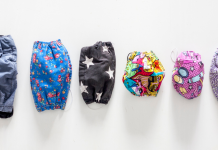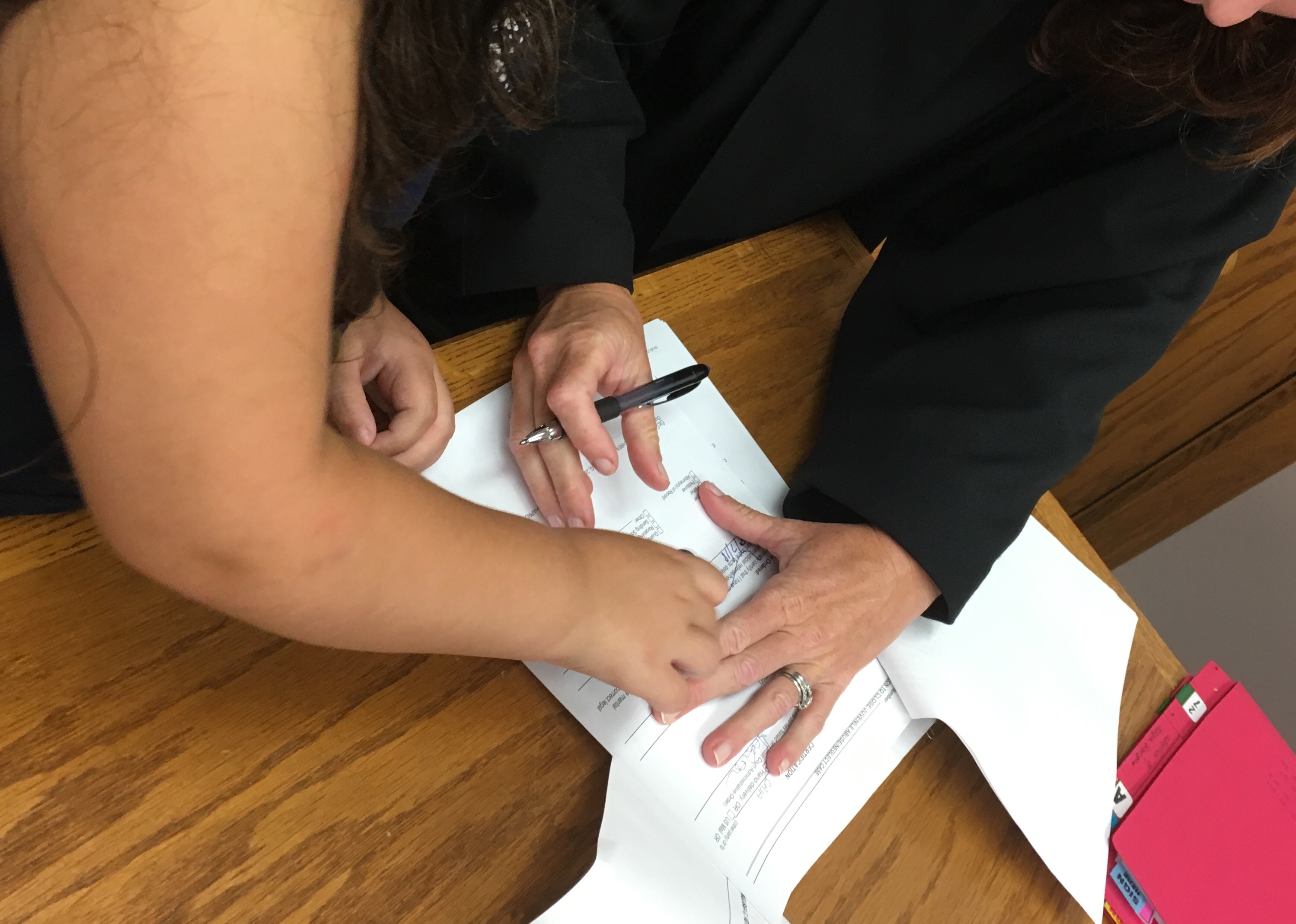
It’s been 14 years since Pixar introduced us to the undersea charm of “Finding Nemo.” I was really excited for “Finding Dory,” and why wouldn’t I be? If it was anything like “Finding Nemo” it would be an instant sensation at our house.
While the animation is stunning, filled with brilliant colors and stocked with an even better cast of characters, not all my children can enjoy this movie.
My family isn’t typical, whatever that means these days. To me it means our family is a mix of biological children, adopted children, and foster children. Children in foster care often have a difficult and traumatic past. If they didn’t, most wouldn’t be in foster care. Even the littlest of children understand the turmoil of a difficult social situation, and may suffer emotionally as a result of trauma.
Dory has some significant memory problems, which is ultimately why she became separated from her parents. Her cognitive challenges could be considered a disability. It’s not much of a stretch to conclude (if you’re a kid) that her disability and loosing her family are her fault. As foster parents, we spend a great deal of time convincing children that being in foster care is not their fault.
Most foster children fantasize about their birth families. While Pixar depicted Dory’s family as stable, sane, and healthy individuals…er, I mean fish…many birth families of foster children struggle with mental illness, substance abuse, and a host of other roadblocks that prevent successful parenting.
Dory inadvertently creates a birth parent ideal, thereby conjuring up a fairy tale that isn’t always realistic.
Children love unconditionally. Innocently. Many young foster children dream of reuniting with their birth family, regardless of the circumstances that led to their removal. It made for a heart-warming ending when Dory finds her birth parents, and they all live happily ever after. Many children ultimately reunify with loving, capable parents, but for a growing percentage of displaced children this is just not the case.
Dory as a child…or baby fish…is impossibly adorable. She is shown in flashbacks that would make even the grumpiest moviegoer crack a smile. But these depictions also represent loss and abandonment, two main triggering emotions for lots of foster children, including two youngsters currently in my care.
I’m not suggesting you (and your family) shouldn’t see the movie. “Finding Dory” is a funny, witty, charming movie. I did particularly like how others learned to adapt to Dory’s memory problems through kindness and acceptance. It is my suggestion that caregivers preview the movie before attending with children who have a history of trauma, loss, or a complicated social situation. “Finding Dory” might just help you talk about foster care with your own birth or adopted children, raising awareness and acceptance in your community. And that is no fish story.











Thank you for raising awareness, not only for providers but anyone who may not know a child’s friend or classmates background.
Comments are closed.